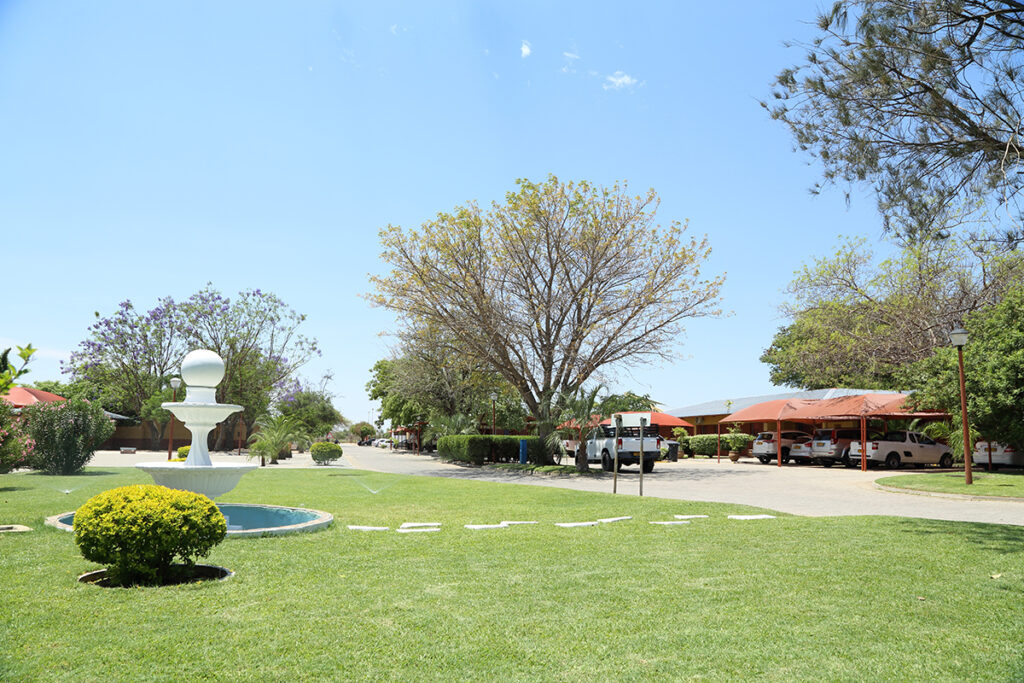
Faculty of Commerce, Management and Law
Harambee International Research Conference 2024
Theme: Resilient Systems for Sustainable Economic Transformation
Date: 20 – 21 November 2024 | Venue: UNAM Rundu Campus, Kavango East Region, Namibia
The University of Namibia (UNAM) recognizes the importance of research in creating and disseminating new knowledge to address societal challenges. UNAM supports research that positively impacts people’s lives. The Faculty of Commerce, Management, and Law will host the Harambee International Research Conference in October 2024 at the Rundu Campus.
This conference honors the legacy of the late President Dr. Hage G. Geingob, emphasizing strong institutions and sustainable economic transformation. Weak institutions in developing countries hinder progress, leading to poor public service delivery and corruption.
Dr. Geingob’s vision aimed to strengthen institutions, promote transparency, and enhance global participation. Hence the need for a convergence of great minds of policy makers, academics, practitioners to showcase evidence- driven approaches to strengthening of institutions, particularly in the Global South. Register Now

- Food security
- Public management systems
- Development financing
- Public resources management
- Human capital development
- Digital economy
- Green economy
- Sustainable tourism
- Corporate governance
- Environmental, social & governance (ESG) reporting
- Financial system resilience
- Board diversity & organizational resilience
- Agility in Multi-Polar Dynamism
Abstracts should not exceed a maximum of 300 words in English, Ms word (Times New Roman font size 12). Format to include the following: Tittle, Full names and affiliation of authors, a minimum of 5 keywords, chosen sub-theme, and indicating whether submitting for paper presentation or poster presentation. Spacing should be 1.5.
Oral and poster presentations
Cut-Off Dates
- Abstract Submission Deadline: 08 November 2024
- Cut-off date for feedback on abstracts: 11 November 2024
- Full Paper Submission Deadline: 16 November 2024
- Last Date of Registration: 19 November 2024
Early registration fees start at N$ 1500
Register Now
All abstracts and expression of interest for exhibitions should be submitted electronically in Microsoft word to the following email address:




